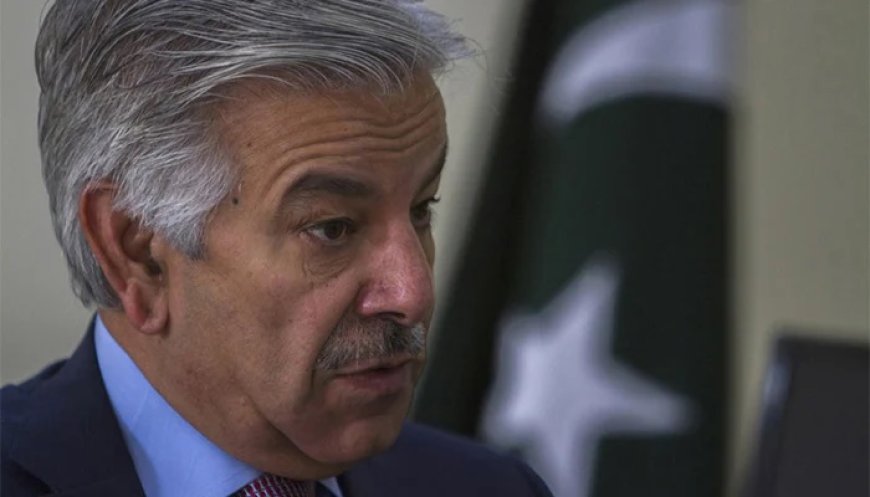Pakistan 'Not to Seek US Support' for Operation Azm-e-Istehkam

1. "Reservations on Azm-e-Istehkam will be addressed and discussed in parliament," says defence minister
# Pakistan 'Not to Seek US Support' for Operation Azm-e-Istehkam
ISLAMABAD: The Supreme Court on Friday accepted the apologies tendered by Senator Faisal Vawda and Muttahida Qaumi Movement-Pakistan (MQM-P) lawmaker Mustafa Kamal and withdrew the contempt of court notices issued to them.
According to the court's order, read by Chief Justice Qazi Faez Isa, both parliamentarians — Senator Faisal Vawda and Member of the National Assembly (MNA) Mustafa Kamal — acknowledged that the language they used was inappropriate.
"They have now withdrawn their statements and tendered an unconditional apology to the court," read the order.
On Wednesday, Vawda tendered an unconditional apology to the apex court in the contempt case, expressing that he was at the mercy of the court. Earlier this month, Kamal had also sought an unconditional apology for his remarks against the judiciary.
The court noted that it was withdrawing the show-cause notices issued to both politicians in light of their reflection on the matter and their apologies.
During the hearing, the Chief Justice remarked on Article 66 of the Constitution, which allows freedom of speech in the parliament. "You can stand up and speak in the parliament," CJP Isa said, instructing both politicians to "be careful in the future" when mentioning the judiciary. "We respect you and hope you respect us. Demeaning each other will harm the public," he added.
CJP Isa reminded Vawda and Kamal that Article 66 protects lawmakers for their speeches in the Parliament, not outside of it.
The court's decision comes over a month after issuing contempt of court notices to the politicians following their critical press conferences against the judiciary in May. Vawda had stated that no allegations could be made without evidence, while Kamal sought to establish ethical standards for judges, suggesting that justice could "only be bought."
These statements followed a letter from six Islamabad High Court (IHC) judges to Supreme Judicial Council (SJC) members, highlighting intelligence agency interference in judicial affairs. The politicians also raised issues about an IHC judge's dual citizenship.
In response to their statements, the SC took suo motu notice and initiated contempt proceedings.
"We, however, expect that they stand by their statements submitted in court because if there is further transgression, a simple apology may then not be acceptable to this court," the order stated.
The court also issued notices to 24 channels that broadcast Vawda's press conference and 28 channels that aired Kamal’s press conference, calling on them to submit explanations within two weeks regarding why they should not face contempt of court charges.
“Faisal Siddiqui states that he represents 26 channels and they have filed a ‘preliminary reply’. These documents are not signed by any representatives of the said television channels but have been submitted under the signature of Faisal Siddiqui and Usman Mirza,” read the order.
The court noted that these documents could not be considered valid replies from the channels.
“Nonetheless, we have considered the contents of the same and the said replies, which are almost identical in nature, have referred to the principle that they can only be proceeded against if malintent is shown and that malintent must be established,” the order stated.
The channels argued that their broadcasts were in the public interest and were their right and duty under Articles 19 and 19-A.
The court rejected these defenses, considering them unjustifiable. It issued show-cause notices to those who had submitted replies and contempt notices to the remaining channels that had not replied.
The court also inquired whether the TV channels had aired any apologies, noting that they had not. Instead, the channels had rebroadcast the press conferences or portions thereof. Being commercial enterprises, the channels were asked to include in their replies whether the press conferences were preceded by advertisements, the number of advertisements, and the amount earned from them.

















































